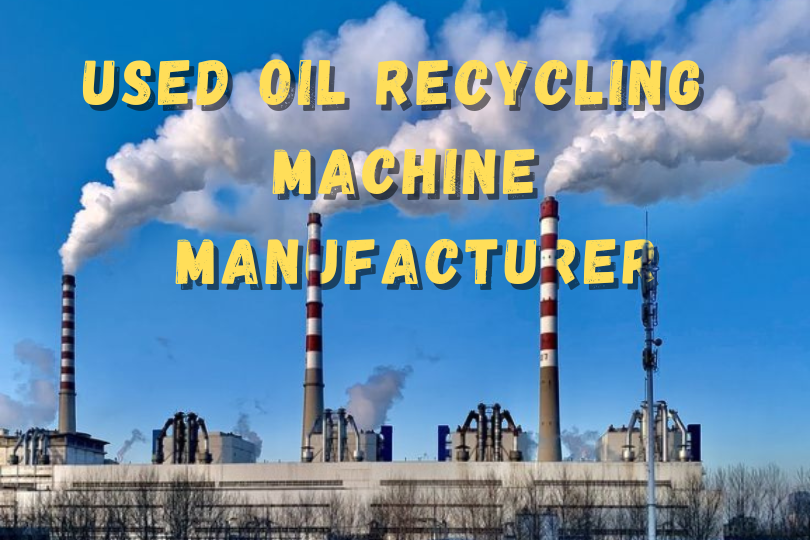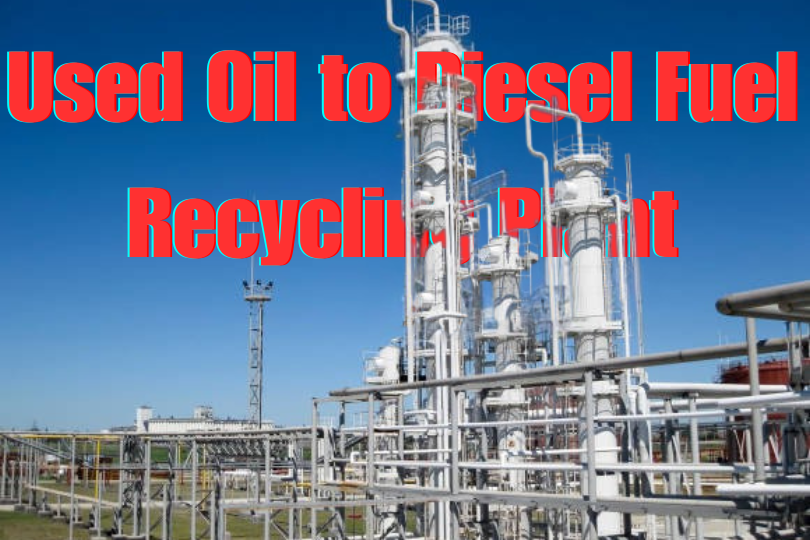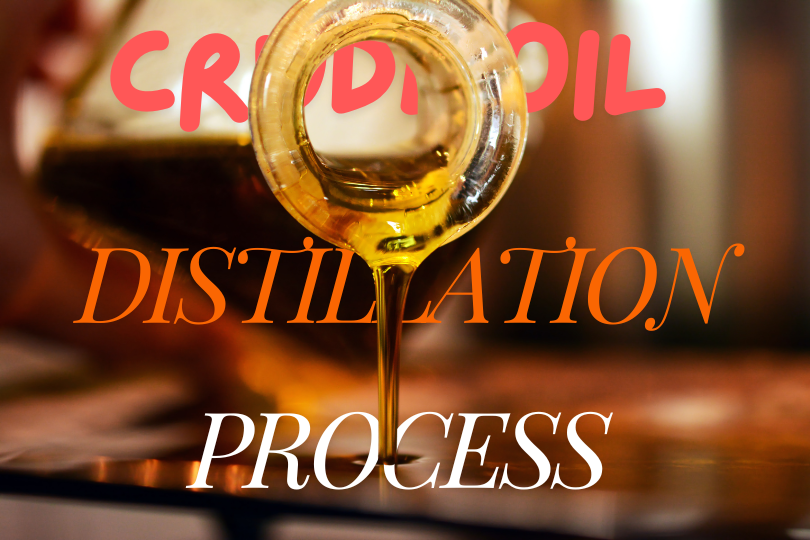waste to Energy Project Cost: The Ultimate Guide to Converting Waste into Profits
Introduction If you’re an investor, entrepreneur, or government official searching for the next big thing in clean energy, there’s a high likelihood that you’ve already read about waste to energy projects. However, one question always comes to mind: What is the waste to energy project cost? This is not a technical question — it’s a business-critical one. Understanding your waste to energy project cost is the beginning of planning, budgeting, and obtaining funding. Today, we’re going to simplify it all for you so that you can make smart, future-proof decisions. Why Waste to Energy is Booming Right Now Let us know why waste to energy is a global trend before jumping into the figures. Cities are overflowing with trash, and landfills are filling up. On the other hand, the need for clean energy is higher than ever before. And that is where waste to energy facilities step in and burn municipal solid waste, agricultural waste, and industrial waste to produce electricity or heat. But why aren’t more people leaping in? You guessed it — waste to energy project cost.Factors That Affect Waste to Energy Project Cost There is no one-size-fits-all solution when it comes to waste to energy project cost. There are various factors that can affect the final figure. Let’s analyze them: Type of Technology Regardless of whether you opt for incineration, anaerobic digestion, pyrolysis, or gasification, each technology impacts the cost of the waste to energy project in a varied manner. Incineration, for instance, may be more costly to initiate but involve less complex operations, while gasification may be costly to initiate but offer greater efficiency in energy. Capacity Are you designing a small plant for a local town or a big facility to serve a city’s complete waste burden? Of course, the capacity is also a key determinant of waste to energy project cost. Location Land price, labor expenses, and local law may all influence the waste to energy project price. City zones may be more expensive for land but have superior infrastructure, while rural areas may provide cheaper land but demand more for connection. Waste Composition Waste streams vary geographically. If your waste stream carries high moisture content, your waste to energy project price may increase due to additional drying needs. Environmental and Compliance Expenses Compliance with stringent environmental regulations, emission controls, and securing appropriate permits all contribute to the waste to energy project cost. These are unavoidable if you wish to have long-term operating stability. Auxiliary Infrastructure Transportation, pre-treatment units, power evacuation lines, and administrative buildings will also be considered. All these heavily impact the waste to energy project cost. Typical Range of Waste to Energy Project Cost Now let’s discuss the numbers. The waste to energy project price usually ranges between $5 million and $150 million or higher based on project size and technology. Small plants with capacity to process 50–100 tons of waste per day could fit at the lower side, while huge facilities processing 1,000+ tons per day can easily surpass or reach the higher side. It’s important to recall that even if initial costs appear high, long-term returns can be remarkable. Government incentives and subsidies: Most governments offer grants and tax incentives to reduce your waste to energy project cost. Public-private partnerships (PPP): Partnering with local governments or investors can assist in sharing the cost burden. Modular design: Beginning small with modular facilities can break up your investment into stages, so the waste to energy business becomes easier to afford. Investment Returns and Payback Once your plant goes into operation, you can begin generating revenue from the sale of energy, gate charges (what cities pay you to take waste), and byproduct sales. Based on your model, payback on waste to energy project cost may be 5 to 10 years. Large projects in most instances also qualify for selling carbon credits or renewable energy certificates (RECs), which further enhance your bottom line. Why Your Waste to Energy Project Cost is Important Failing or underestimating your waste to energy project cost can derail your business plan. Overruns may postpone the project, drain your budget, or even halt it entirely. A comprehensive feasibility study, CAPEX and OPEX estimates included, is a requirement. Don’t forget, the waste to energy project cost does not end at constructing the plant. You’ll also have to factor in: Long-term upkeep Equipment replacement Training of employees Insurance and attorney costs Being realistic and conservative in your estimates ensures that you’re not in for a rude awakening later. Global Patterns of Waste to Energy Project Cost Japan, Germany, and Sweden, among other nations globally, have got the art of waste to energy project cost balance with environmental and economic returns down to a science. They’ve optimized their tech, streamlined supply chains, and gained the public’s trust, which has led to highly efficient and profitable plants. India and the other emerging economies are catching up rapidly. Although the cost of the waste to energy project in India could still remain marginally higher in terms of imported technology and logistics inefficiencies, government assistance and rapid progress are closing this gap. Future Outlook The international call for sustainability will only continue to increase. When landfills fill up and carbon neutrality is an international requirement, waste to energy project cost will be an investment in energy independence and environmental security instead of just a cost. New technology, better supply chains, and rising demand for clean energy will further reduce waste to energy project cost. In the coming future, costs will decrease, making these projects affordable even for smaller towns and private investors. Waste to Energy Project Cost: An Investment Worth Making Absolutely! While the waste to energy project cost may appear daunting at first glance, the long-term economic, environmental, and social returns are unmatched. Pro Tips for Upcoming Investors Begin with a comprehensive feasibility study — This must involve elaborate evaluation of local waste availability, content, and energy needs. Hire seasoned consultants and EPC contractors — They can assist you in managing and streamlining










